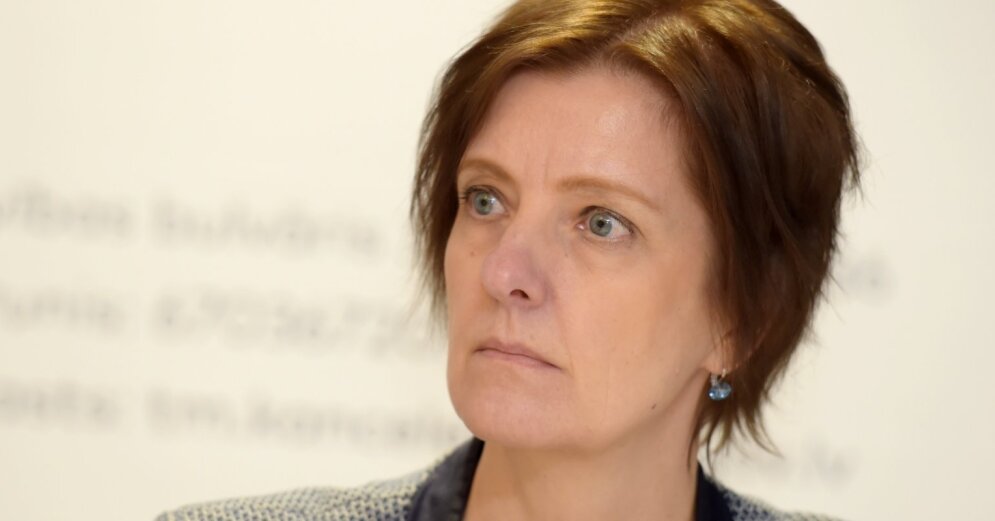Content will continue after the ad
Advertising
–
TM informs that Latvia nominated candidates for the vacancy of the Advocate General of the CJEU for the first time and is satisfied with the high assessment of the Latvian official.
“On behalf of the staff of the Ministry of Justice, Laila Medina is late in her new position, constant work vigor and optimism in any situation! We are proud that those working in the field of justice are able to prove themselves not only nationally, but also internationally, and Laila Medina has represented Latvia “said Raivis Kronbergs, State Secretary of the Ministry of Finance.
Medina holds a Master’s degree in European Union Law from the Riga Graduate School of Law and the Copenhagen Business School, and has demonstrated her knowledge and skills while working at the Ministry of Justice and previously at the State Chancellery.
Medina will take up the post of Advocate General at the CJEU on 7 October 2021.
The role of the EU Court of Justice is to ensure that EU law is applied and interpreted in the same way in all its Member States, and to ensure that countries and EU institutions comply with EU law. The Court has one judge from each EU country, as well as 11 Advocates General. One Judge and one Advocate General shall be appointed for each case before the Court.
Each Judge and Advocate General is appointed jointly by the national governments for a term of six years (renewable for the same period). In each of these bodies, the judges elect a president for three years.
It is the duty of the Advocates-General to provide the CJEU with objective and independent conclusions on the case before them. In order to speed up the examination of individual cases, the Advocate General’s Opinion is given only in cases where new or particularly topical legal issues are being discussed.
Germany, France, Italy, Spain and Poland have permanent Advocates-General, while the other six Member States of the European Union have to nominate their candidates for the remaining six Advocates-General on a rotating basis.
The Advocate General’s conclusions are very often similar to the final decision of the CJEU and can therefore serve as a good indication.
–

